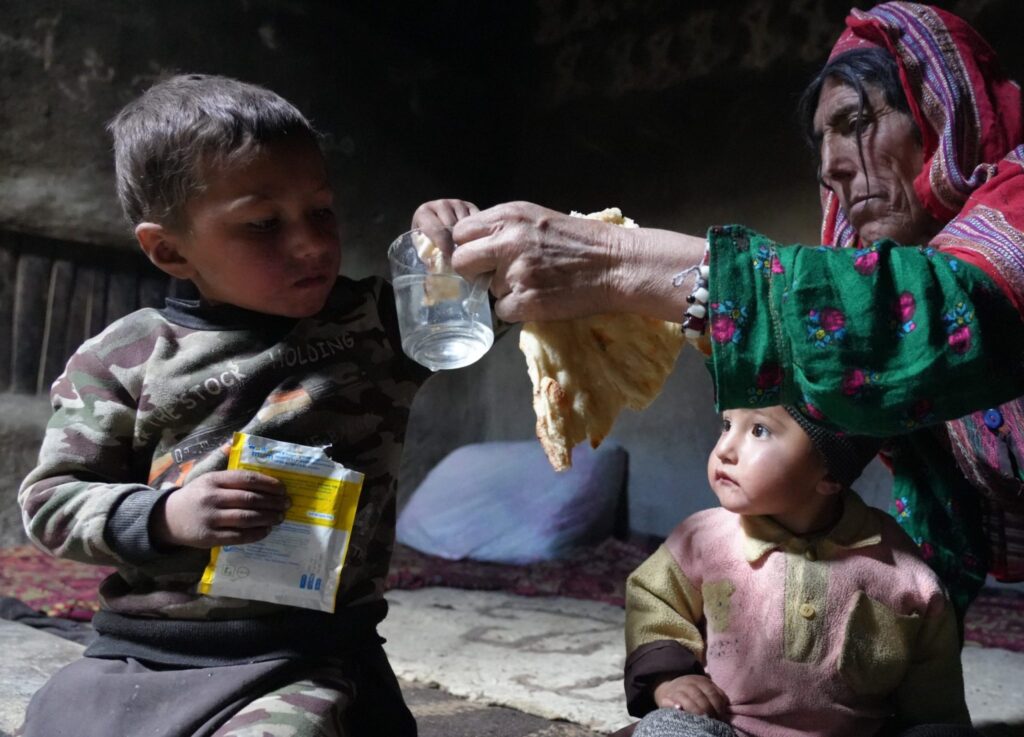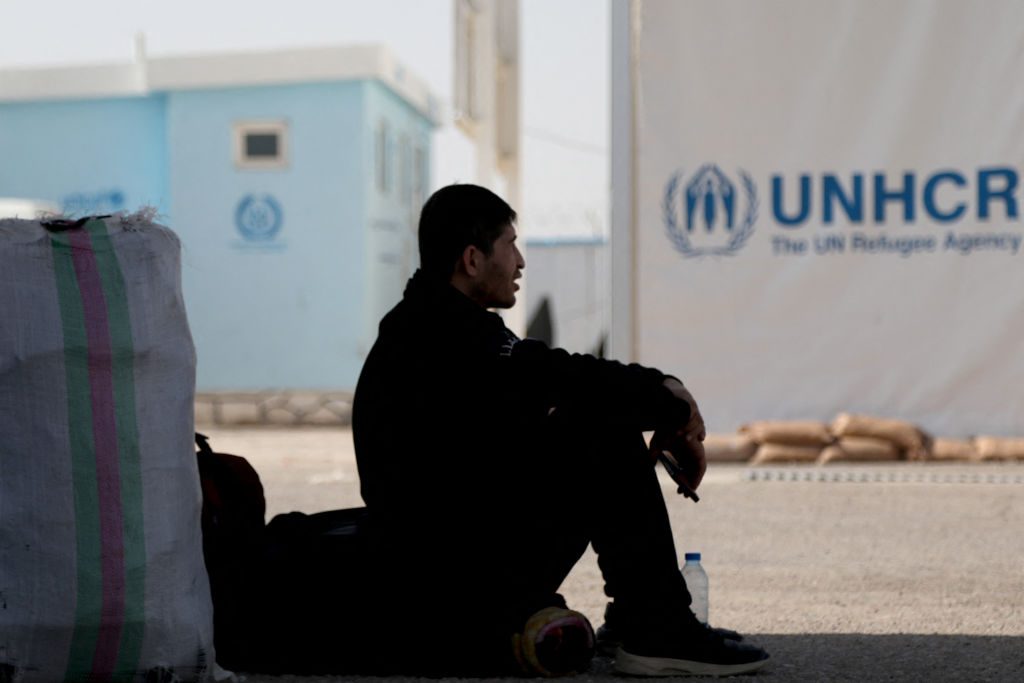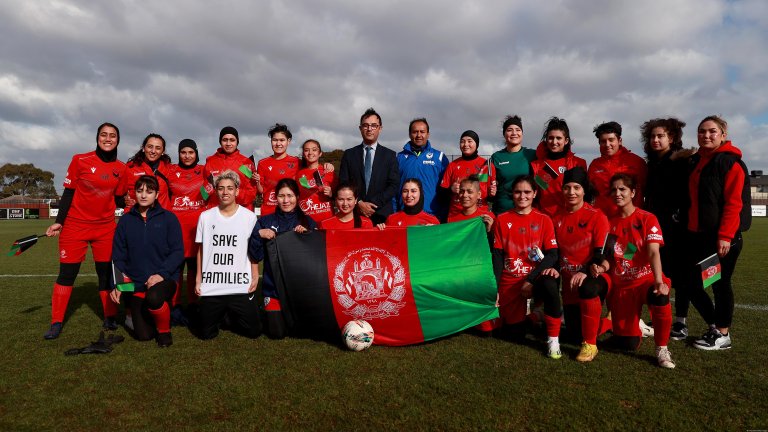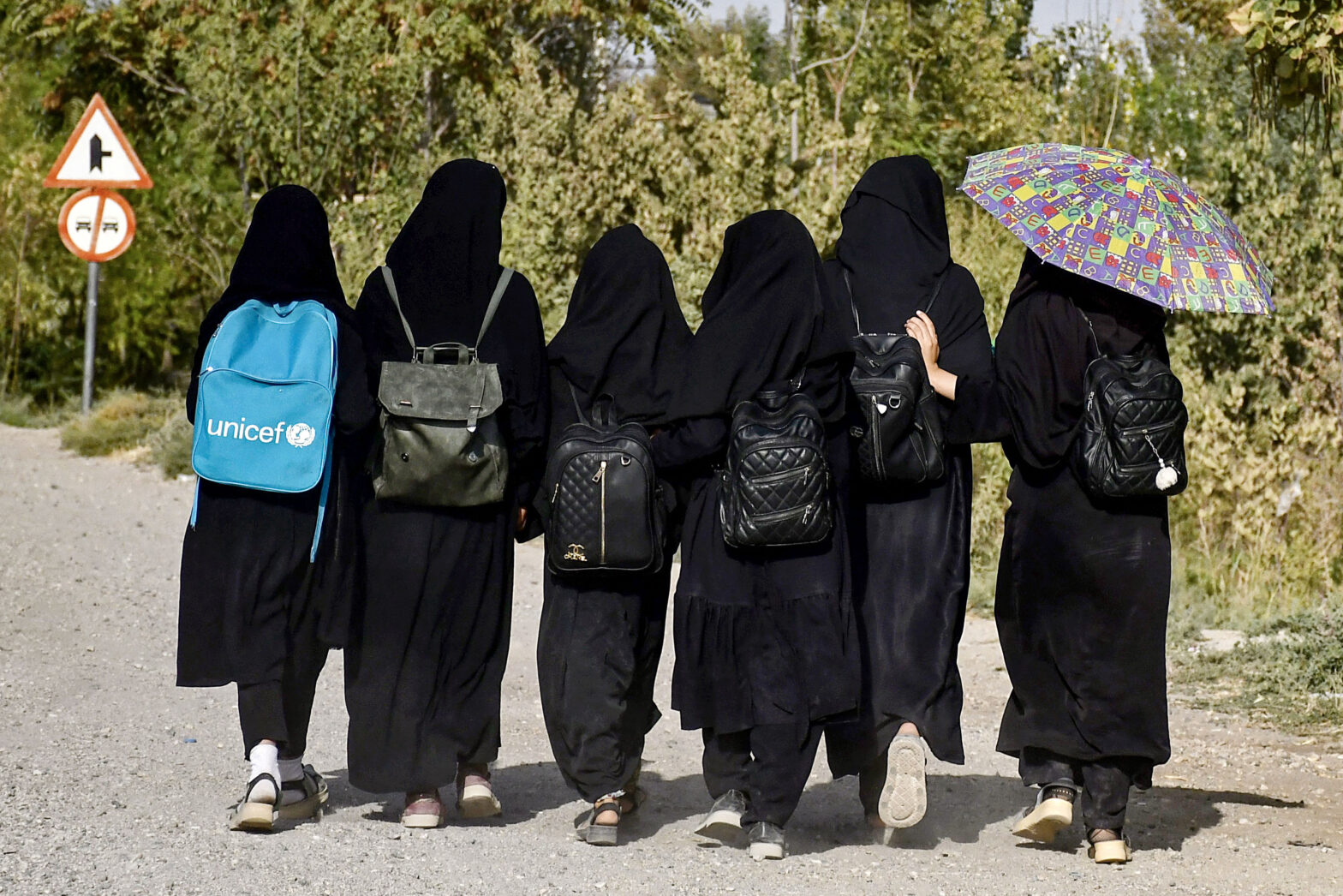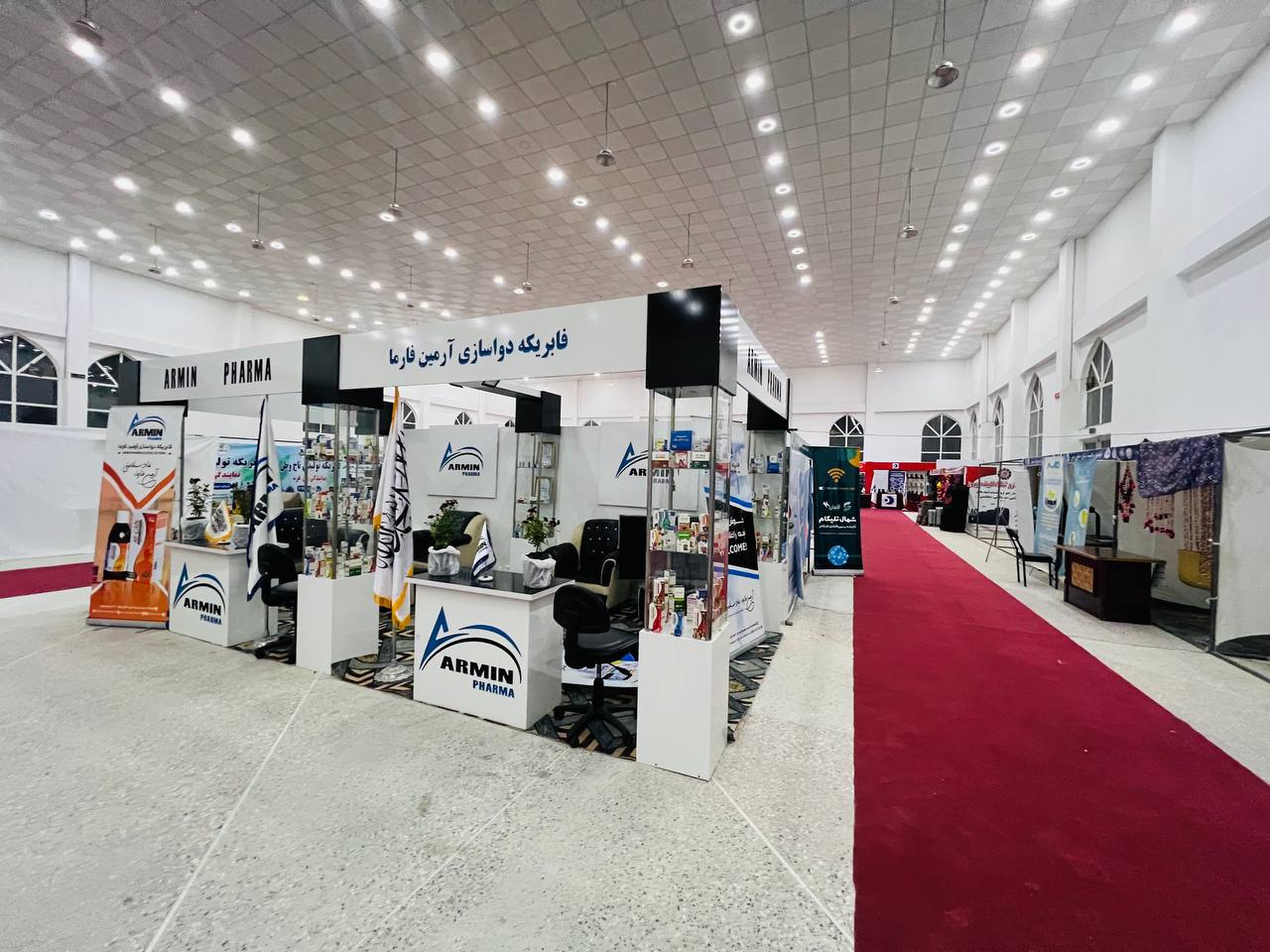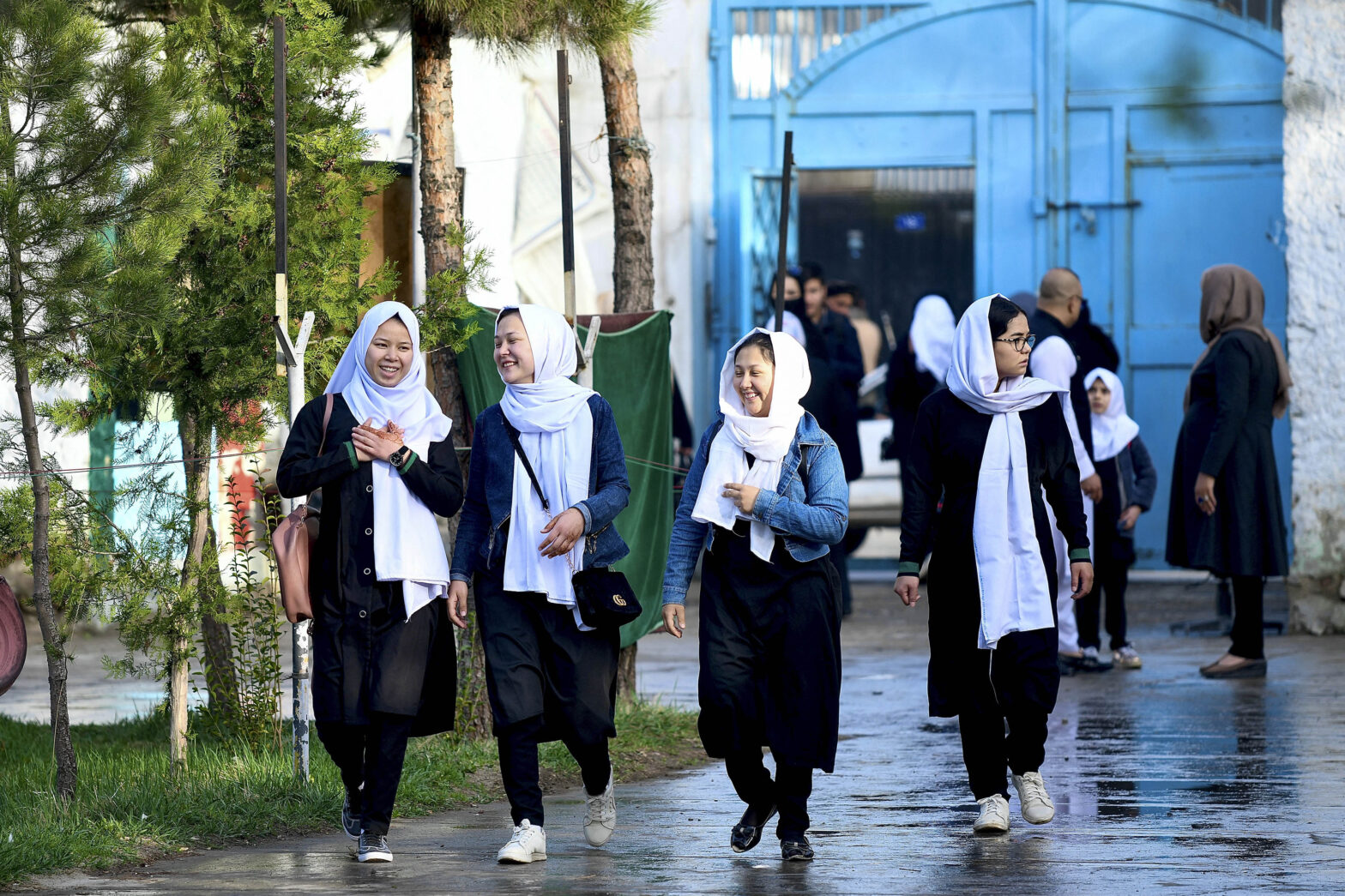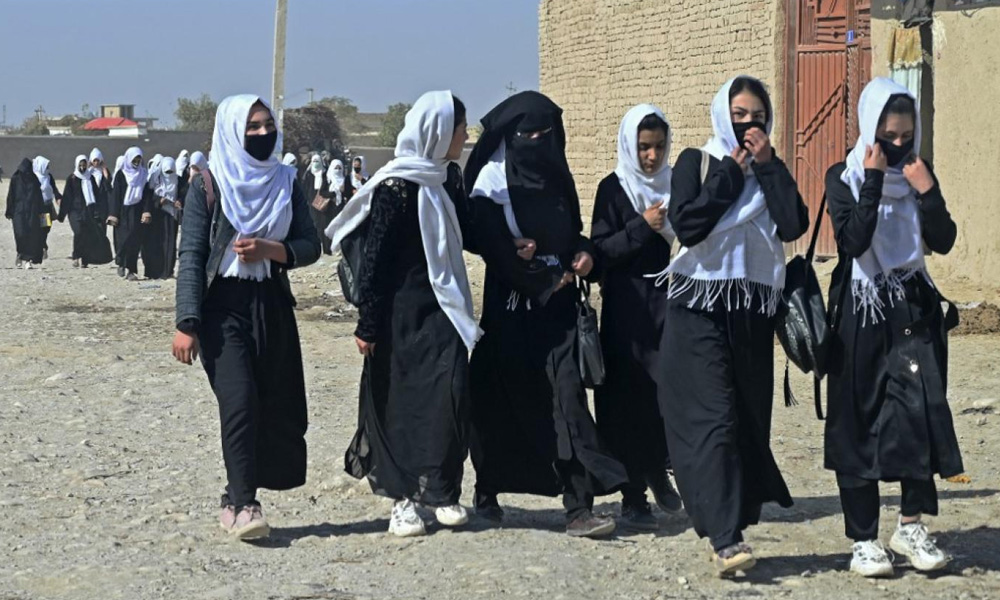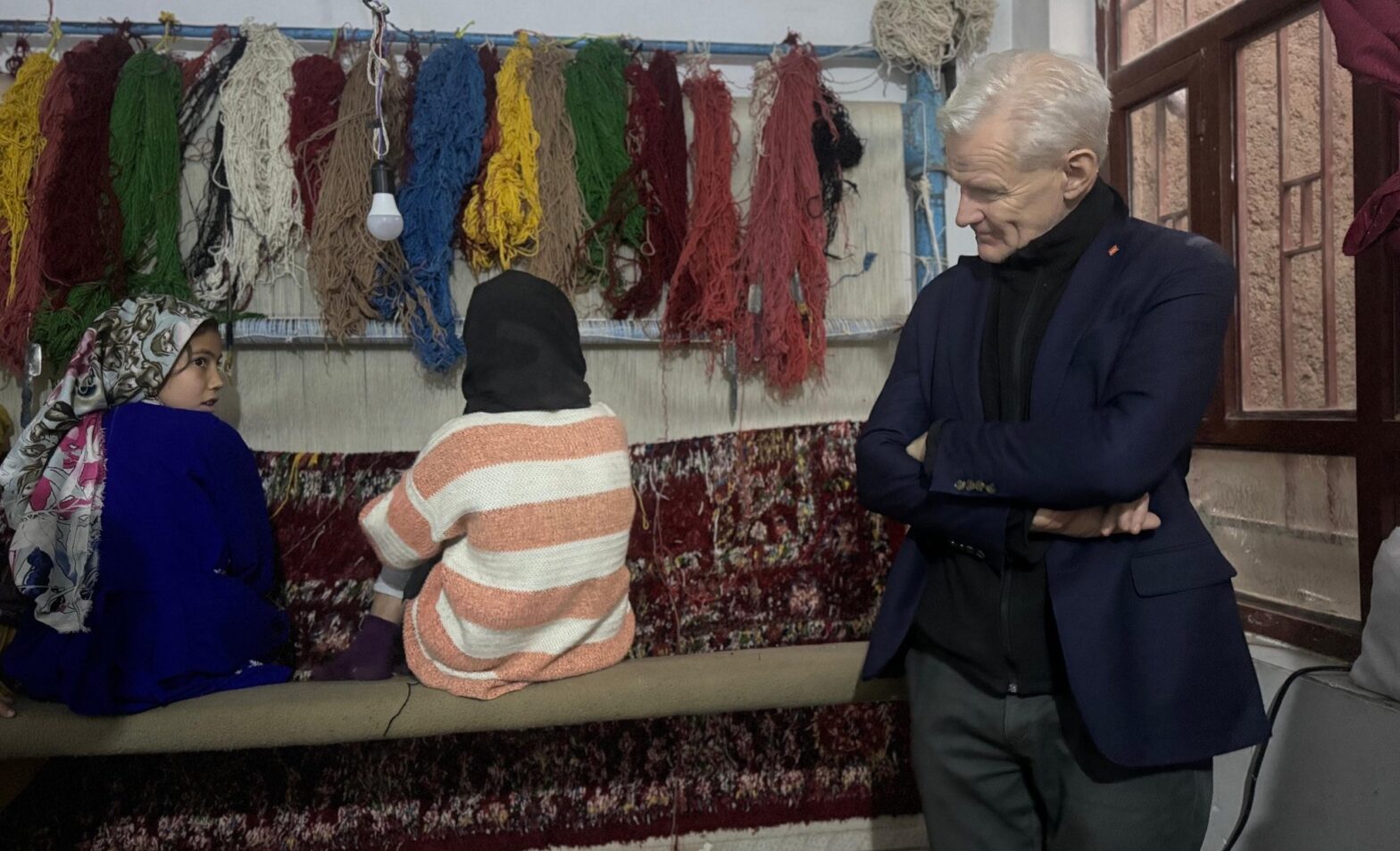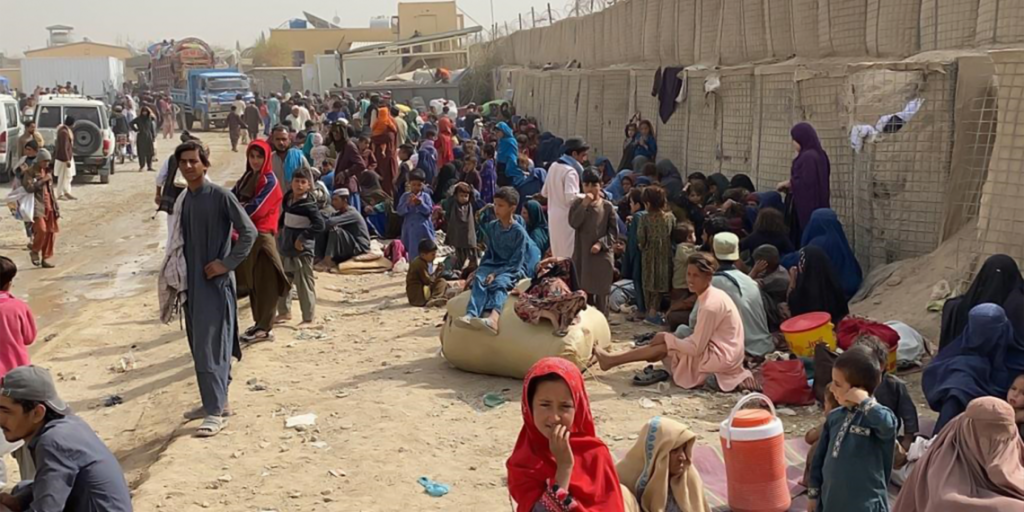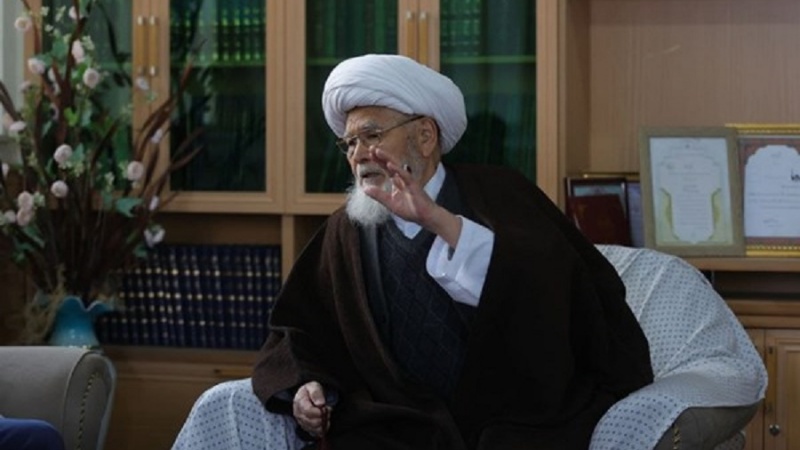
Mohammad Hashim Salehi Modarres, the chairman of the Shia Scholars Council of Afghanistan, during the Eid al-Fitr prayer ceremony in western Kabul, called on the caretaker government to recognize the Shia sect and the personal status law for Shia Muslims. Mr. Modarres made these remarks on Monday, March 31, during the Eid al-Fitr prayer ceremony, and also called for respect for Shia religious ceremonies and for balance in developmental projects in Afghanistan. In part of his speech, he reiterated the demand for the current government to officially recognize the Shia sect, emphasizing three times that the recognition of the Shia sect is a primary demand of the Shia community in Afghanistan. It should be noted that the current government, after regaining power, has revoked the official status of the Shia sect and abolished the personal status law for Shia Muslims. Government officials have repeatedly stated that Sunni Islam is the official religion in Afghanistan and that courts and civil laws operate based on this religion. Additionally, the current government has collected books related to this sect from some universities and public libraries in central areas and provinces. The Shia sect was recognized in Afghanistan's constitution, and the personal status law for Shia Muslims was approved and endorsed by the previous Afghan parliament. Respect for Religious Freedom The chairman of the Shia Scholars Council of Afghanistan urged the current government to allow Shia Muslims to freely conduct their religious affairs, especially the mourning ceremonies of Ashura. He further emphasized: "We should not face obstacles in our religious ceremonies and rituals; whether during Ashura or in the holy month of Ramadan. No one has the right to prohibit the mourning ceremonies and gatherings of Shia Muslims." Balanced Development Mr. Salehi Modarres also called for attention to "balanced development" in Afghanistan and for considering the development and reconstruction of Hazara-inhabited areas. The chairman of the Shia Scholars Council of Afghanistan also stressed the importance of ensuring security for Shia Muslims. He stated that although relative security has been established in the country, two terrorist incidents occurred last year in Herat and Ghor. It should be noted that in Ghor province, armed individuals opened fire on 14 unarmed Hazara Shia civilians. This incident sparked widespread reactions both domestically and internationally. Additionally, in Herat province, several Shia scholars were killed in attacks by unidentified armed individuals. This comes at a time when over the past three and a half years, the Shia Scholars Council of Afghanistan has repeatedly raised similar demands.

